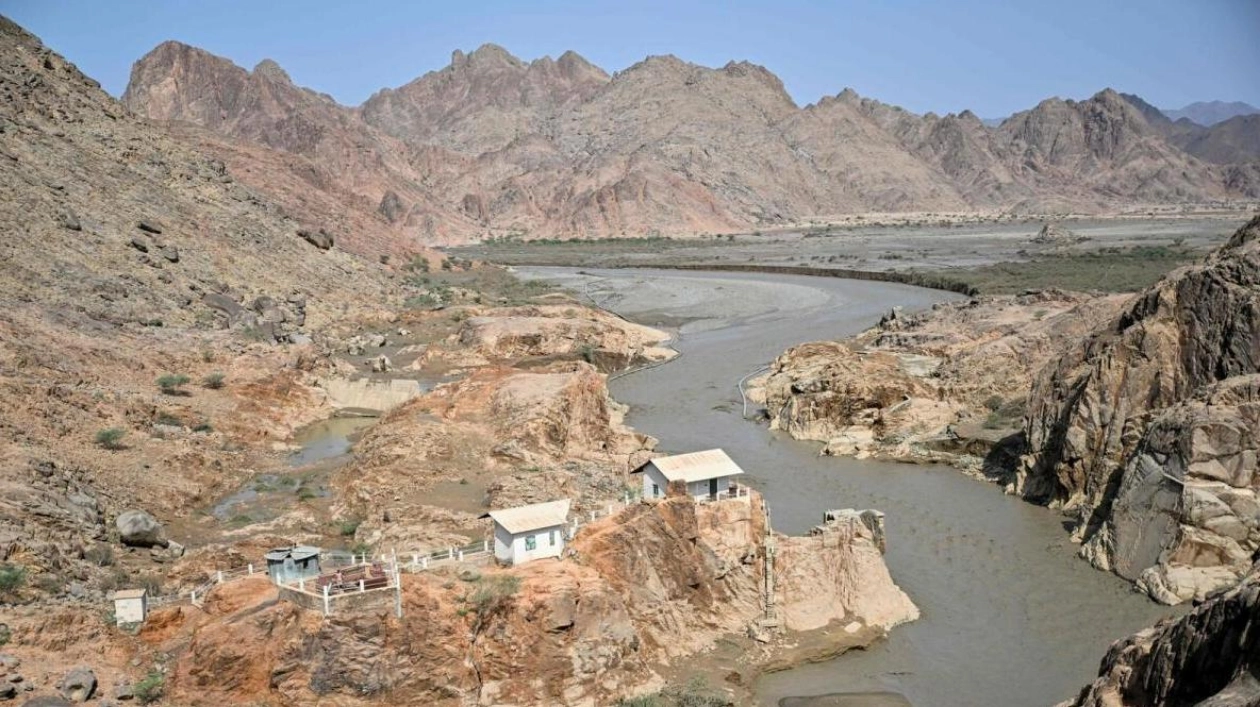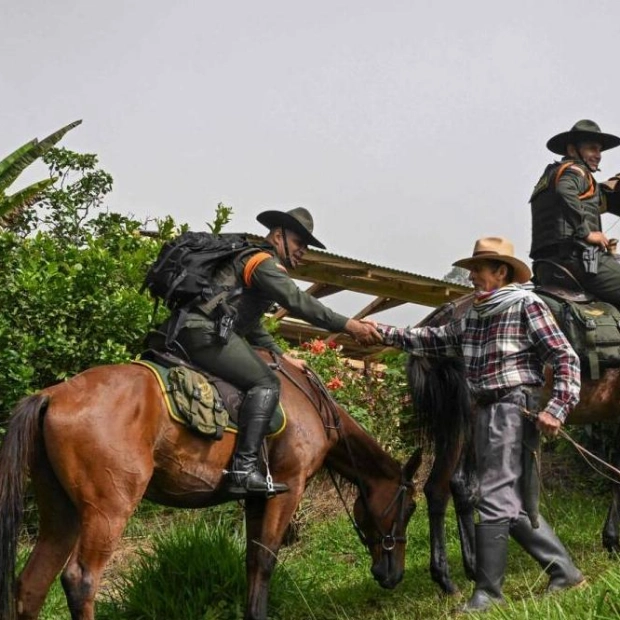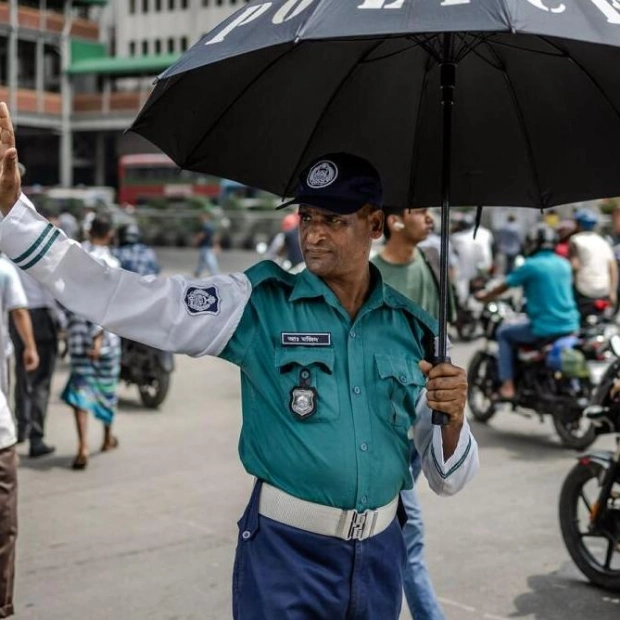Emergency responders were on high alert on Tuesday, working to determine the number of people still missing after a dam in eastern Sudan burst, causing catastrophic flooding that has become the most severe in a series of inundations devastating the war-torn nation. The collapse of the Arbaat Dam on Sunday claimed the lives of 30 people and possibly many more, marking another tragic event in the country's ongoing rainy season, which has been heavier and earlier than usual. Sudan, already grappling with the world's largest hunger and displacement crises, is further strained as the floods hinder aid deliveries, which have been disrupted by ongoing hostilities between the army and the Rapid Support Forces.
Before the dam's failure, residents were already isolated by the floodwaters, unable to access supplies from Port Sudan. Mohamed Othman, a community leader from one of the affected villages, lamented, "Even before the dam burst, people were trapped by the flooding and couldn't get anything from Port Sudan. The aid coming in now can't get to the people. Children are hungry and the roads are closed." In Arbaat, a lone excavator was used to transport people and food across the flooded areas. Nationwide, approximately 118,000 people have been displaced, and over 300,000 have been impacted, as the floods ravage homes and spread diseases such as cholera.
The United Nations Office for the Coordination of Humanitarian Affairs (OCHA) spokesperson, Jens Laerke, stated, "We don't know how many are unaccounted for (in Arbaat). It's very difficult to get information out from there." In the Darfur region, the flooding has obstructed food deliveries, including the initial supply from the World Food Programme to Kreinik, which had been cut off due to the closure of the Adre border crossing for humanitarian aid. The bridge to the town, where thousands of displaced individuals are struggling with limited food supplies, was destroyed by the heavy rains, according to a local volunteer. The WFP confirmed that the first shipments since mid-July had successfully reached North Darfur through the al-Tina border crossing, overcoming previous flood-related obstacles. In Tokar, Red Sea state, at least 500 households were displaced as of Sunday, with residents navigating through flooded areas between damaged homes. Overnight, heavy rains also affected Northern Sudan, with social media images depicting collapsed roofs and flooded neighborhoods, although official details on the extent of the damage were scarce.






